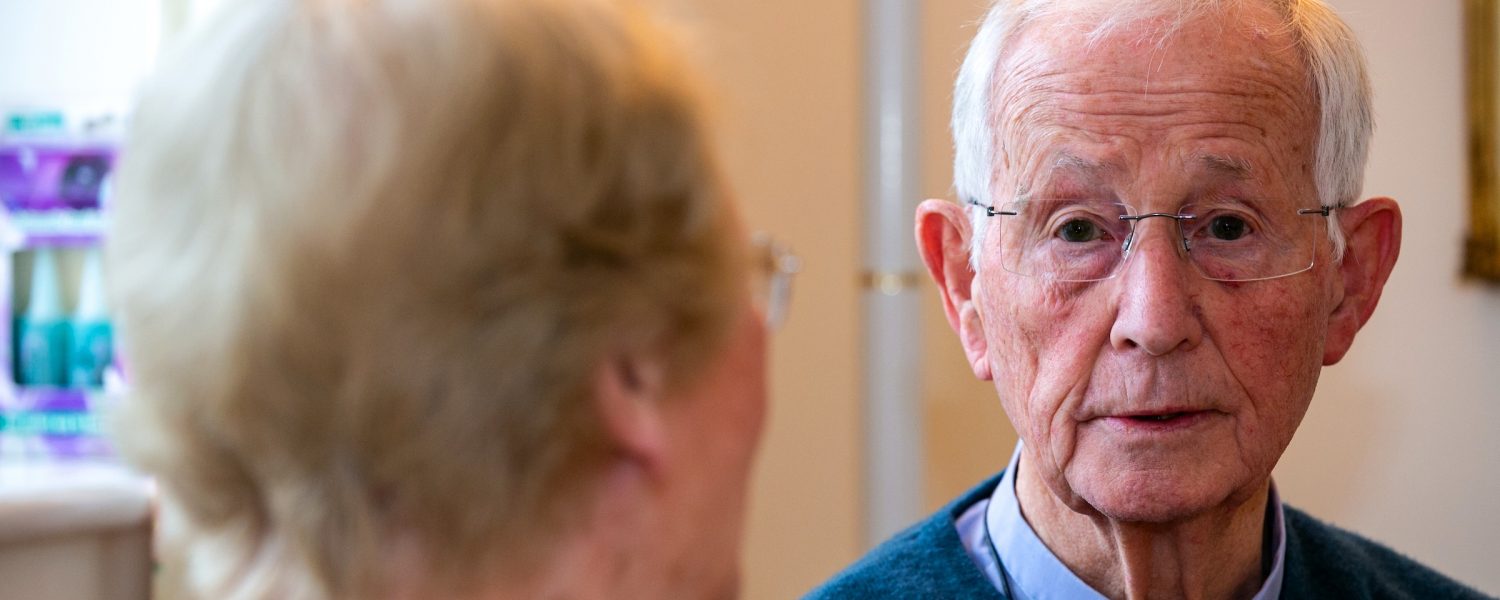Why can clergy – and others – find it hard to be open about their feelings and emotional state?
Clergy are often seen as the providers, givers and supporters of others, not only by their parishioners but also by the institution of the Church. This can make it really hard to give yourself permission to seek help without thinking that you have completely failed and that your need for help is going to be noted against you when you seek other jobs.
In your 30 years as a trained therapist, do you observe a gender difference in the ability to share feelings?
Forgive me for generalising and stereotyping: in the vast majority of cases, I have found that women are much more prepared to acknowledge that they need support, and being a man, I know that because I ‘feel’ I am in control, I’m sure that I can sort out my problems on my own with no help. How wrong I am.
What effect does it have on ourselves and those close to us if we bottle feelings up?
Our emotions, frustrations and anxieties have to come out somewhere and at some time. I find that by holding onto them, I can blame others, I can go ‘in’ on myself and I get angry. All of this impacts on those around me. They will often know it sooner than I am prepared to admit it because they see a change in my behaviour and responses. The emotional bottle just keeps filling up and either the bottom breaks or the emotions overflow into every aspect of my life.
Can you give an example of a clergy person you’ve worked with who has learned the value of expressing how they really feel?
Steve [name changed] was really enjoying parish life. New courses, new types of worship, new people coming to church. Then the church roof began to leak, the music director suddenly left and some of the new people began to confront the longer-term members of the congregation. In the vicarage, Steve’s partner found being in the public eye too demanding along with their own work, and the oven packed up. This might sound made-up but it’s true. Life can suddenly change and, whilst Steve thought he could handle everything, he began to feel overwhelmed and did not know which issue to deal with first. If people phoned him, he was very short with them; if they knocked at the vicarage door, he ignored them.
Thankfully, Steve’s partner was able to chat with him and suggest that he might seek out someone to talk to. Steve was hugely reluctant but eventually spoke with a cleric in another parish who suggested he contact me. The first couple of sessions we met, Steve cried and swore a lot – it’s so important for people to get it all out and without judgement. There was then room for us to talk about the various issues and find a way forward.
It can be hard for clergy men and women to find someone to open up to, other than family. Where can they go for an ongoing safe place, rather than wait for a crisis before they reach out?
The institution of the Church needs to recognise that whilst many of its leaders grew up with the view that, as a cleric, you just need to keep going, life actually doesn’t work well like that. No wonder clergy resort to take out their feelings on those who live at home, or drink too much, or get depressed or look at pornography.
Support needs to be put in place at the beginning of training and carry on throughout ministry. Reflective Practice Groups (RPGs) on the St Luke’s model mean that you can hear the story of others and know that you are not on your own, in a safe, confidential setting. Seeking a mentor, seeking someone who is right for you, is so key to ensure that the emotional bottle does not break and that you can pour out your emotions, good and bad, in a way that is supportive and helpful.
Peter’s professional accreditation includes:
-
College of Sex and Relationships: Senior Accredited Therapist and Supervisor
-
United Kingdom Council for Psychotherapy: Accredited Therapist and Supervisor
-
Member of the British Association of Counselling and Psychotherapy


